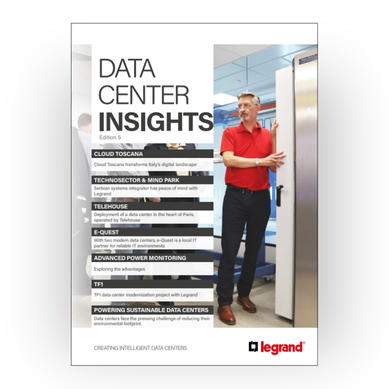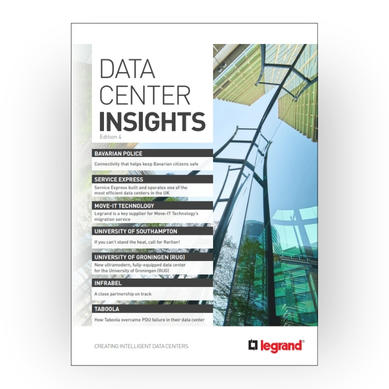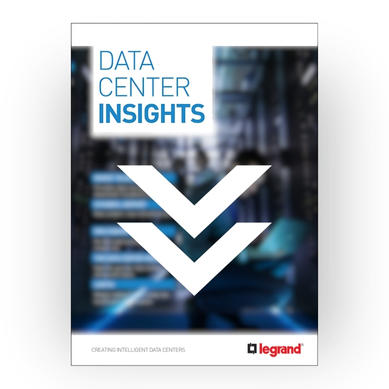Client Overview
The University of Cambridge, a world-renowned institution, required a modern data center to support its academic, research, and administrative computing needs. The West Cambridge Data Centre (WCDC) was designed to accommodate a diverse range of IT workloads from various university departments, including High-Performance Computing (HPC), administrative services, and assessment processing.
The Solution
The University of Cambridge opted for a hybrid ‘chilled water’ cooling system, a groundbreaking approach that provides ‘100% free’ cooling and eliminates the need for conventional chillers. This system supports:

Cooling Innovation: USystems' ColdLogik CL20 RDHx
- Hybrid dry cooling twers with N+1 redundancy, ensuring continuous operation.
- Rear-door cooling units designed for high-density IT racks, optimizing airflow efficiency.
- Modular CRAH cooling solutions to maintain stable temperature control for low-density workloads.
- Intelligent monitoring and power-efficient cooling strategies to improve energy utilization.

Cooling Innovation: CRAH Cooling Solutions
- Low-density IT loads using hot-aisle containment combined with CRAH (Computer Room Air Handler) cooling.
- High-density workloads through back-of-rack cooling solutions, ensuring effective heat dissipation.
- A highly efficient indirect evaporative cooling approach, reducing overall cooling energy requirements.
Implementation & Results
The hybrid cooling system at WCDC sets a benchmark for energy-efficient data center design in the education sector, showcasing a pioneering approach to sustainable IT infrastructure.
Conclusion
The West Cambridge Data Centre has successfully implemented a cutting-edge cooling system that balances efficiency, sustainability, and adaptability. With a hybrid approach combining free cooling, rear-door cooling, and indirect evaporative techniques, the facility is well-equipped to support the University of Cambridge’s future IT demands while maintaining low operational costs.

Legrand Data Centers Solutions
Durable integrated solutions for an infrastructure which can be relied on to perform all circumstances. It is now time to empower your data center with our cutting-edge, highly customizable solutions designed for maximum performance and efficiency.
Contact Us
Discover some of our other cases
_____

Data Center Insights: Edition 5

























 Canada
Canada
 Latin America (English)
Latin America (English)
 Latin America (Espanol)
Latin America (Espanol)
 USA
USA
 China
China
 India
India
 Japan
Japan
 Republic of Korea
Republic of Korea
 South East Asia (English)
South East Asia (English)
 Austria
Austria
 Belgium
Belgium
 France
France
 Germany
Germany
 Italy
Italy
 Netherlands
Netherlands
 Spain
Spain
 Switzerland
Switzerland
 Turkey
Turkey
 UK
UK
 Africa (english)
Africa (english)
 Africa (français)
Africa (français)
 Middle East (english)
Middle East (english)
 Australia
Australia
 New Zealand
New Zealand
